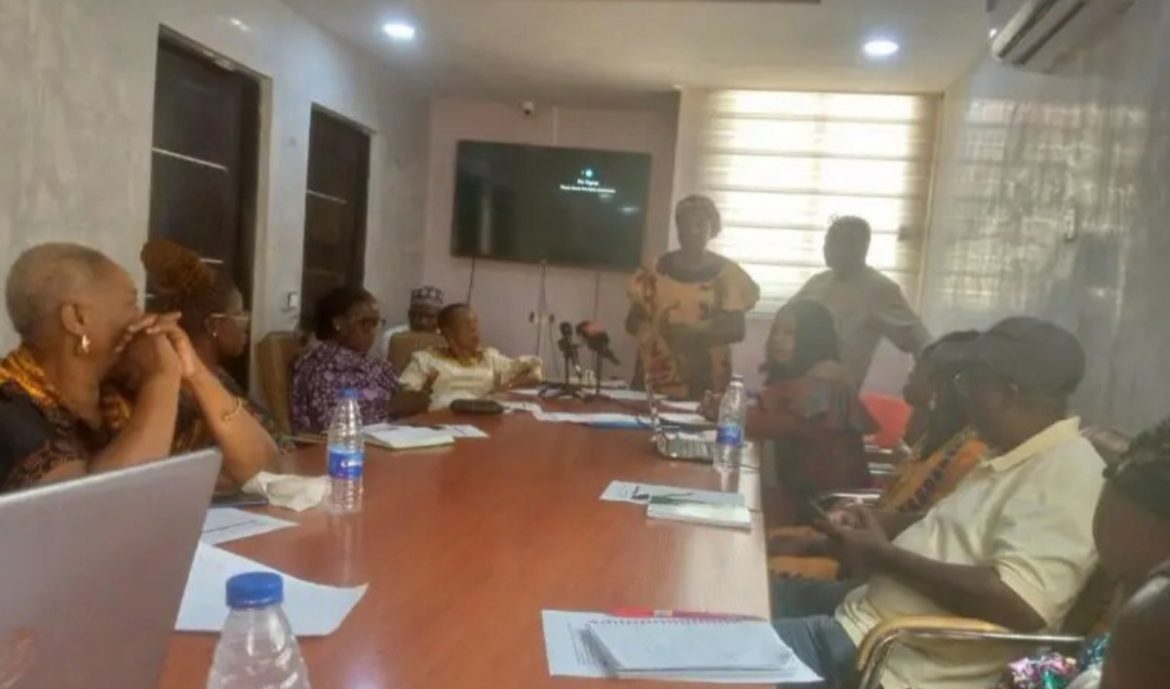By Aderogba George
The FCT Primary Health Care Board (FPHCB) has called on the media to support publicity for the 2025 second-phase Maternal, Newborn and Child Health Week (MNCHW).
Dr Ruquayya Wamako, Executive Secretary of FPHCB, made the call at a one-day media orientation on Friday.
She said the five-day exercise is scheduled to run from Saturday, Nov. 22, to Wednesday, Nov. 26.
Represented by Dr Okoli Nicholas, Acting Director of Primary Health Care, Wamako said media support is crucial to mobilise mothers of children under five, as well as pregnant women, to participate in the programme.
She stated that the week-long activity aims to strengthen the health of FCT residents, noting that field officers had already been deployed for the exercise.
“All our primary health facilities will be open to serve pregnant women and children during this period. Our health workers will also reach schools, churches, mosques, villages, and market squares to ensure children receive vital interventions,” she said.
Wamako outlined the key interventions, including vitamin A supplementation for children aged six to 59 months and pregnant women, family planning services, and other essential health services.
She also revealed the support of partners such as UNICEF, the World Health Organisation (WHO), and the FCT administration.
The Executive Secretary added that the board will use the exercise to carry out Human Papilloma Virus (HPV) vaccinations for nine-year-old girls who missed the October campaign.
Mrs Chinyere Umeh, Deputy Director of Health Education, said vaccination teams would visit homes to reach children and called on parents, guardians, and teachers to allow access to schools and homes for a successful exercise.
Umeh noted that FPHCB had engaged stakeholders including school heads, religious leaders, and area council leaders to ensure smooth implementation and urged residents to cooperate with health workers.
Mrs Ezeh-Ngozi Nnenna, Deputy Director of Nutrition, outlined the services available during MNCHW, aimed at reducing newborn and child mortality and improving maternal health.
“These include immunisation with RI antigens and Td for women, deworming for children aged 12–59 months, and vitamin A supplementation”.
The exercise will also provide antenatal care, including palpation, blood pressure and height measurement, iron folate and multiple micronutrient supplements for pregnant women, HIV counseling, and birth registration. (NAN)

